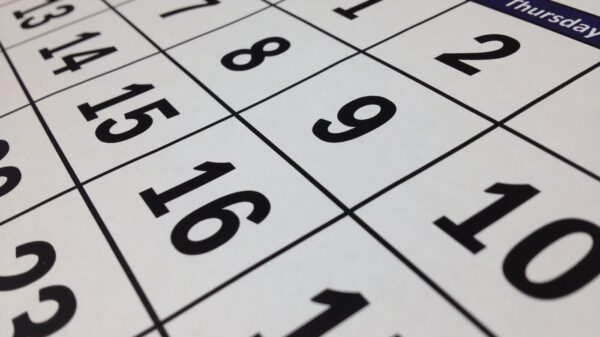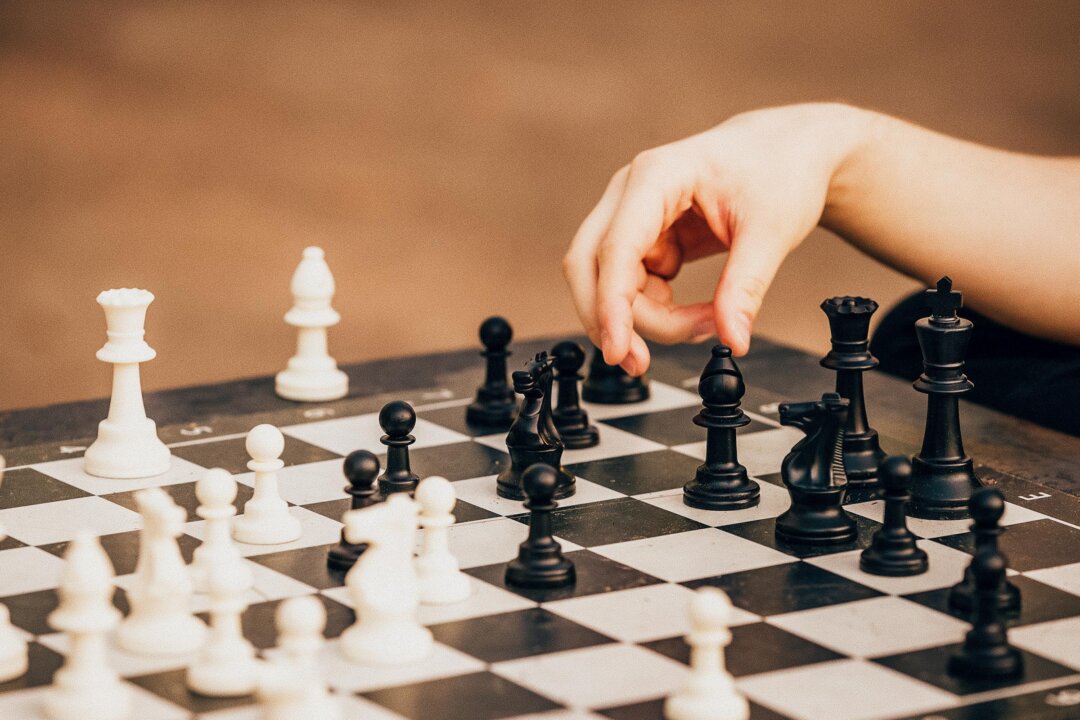Research indicates that engaging in chess can significantly enhance cognitive abilities and may help in preventing dementia. Regular players of the game report improvements in memory and various cognitive functions, suggesting that chess offers more than just entertainment.
How Chess Enhances Cognitive Function
Chess is a complex game that requires players to strategize and anticipate their opponent’s moves. This ongoing challenge keeps the brain active and engaged. According to Lissett Gonzalez-Burgos, a psychologist and researcher focused on the effects of chess on cognition, “Its complexity means there’s always something new to learn and ways to improve, which is great for keeping your brain sharp.”
Gonzalez-Burgos conducted a study that found adults who regularly play chess demonstrate notable improvements in several areas of cognitive function. These include executive function, attention, processing speed, and visual-spatial skills—the ability to visualize and manipulate objects in one’s mind. These functions are crucial, particularly as they tend to decline with normal aging.
The Link to Dementia Prevention
The potential connection between chess and dementia prevention is particularly noteworthy. As cognitive abilities decline, the risk of developing conditions such as dementia increases. Engaging in activities that stimulate the brain can be a proactive approach to maintaining cognitive health.
The benefits of playing chess extend beyond mere memory enhancement. Studies have shown that chess can improve problem-solving skills and critical thinking. The strategic nature of the game requires players to think several moves ahead, fostering a mindset that is both analytical and creative.
Furthermore, the social aspects of chess—whether played in clubs, online, or with friends—also contribute positively to mental health. Social interaction is an important component in combating feelings of isolation and depression, which can accompany cognitive decline.
In summary, chess is not merely a pastime; it is a powerful tool for enhancing cognitive function and potentially preventing dementia. By fostering skills such as executive function and visual-spatial awareness, chess provides a mental workout that can significantly benefit players of all ages.








































































